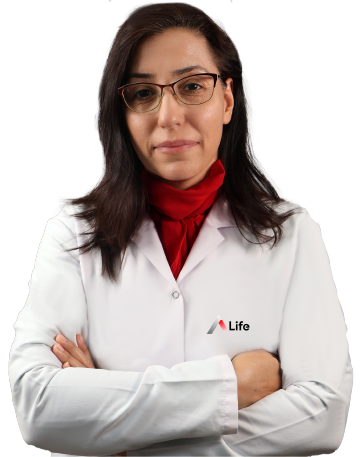At A Life Health Group, we recognize the importance of blood disorders. For this reason, we have established our Hematology Department, equipped with the latest technology and a team of specialists.
We provide detailed diagnosis and treatment services for blood diseases. Our mission is to protect and improve the blood health of individuals of all ages.


